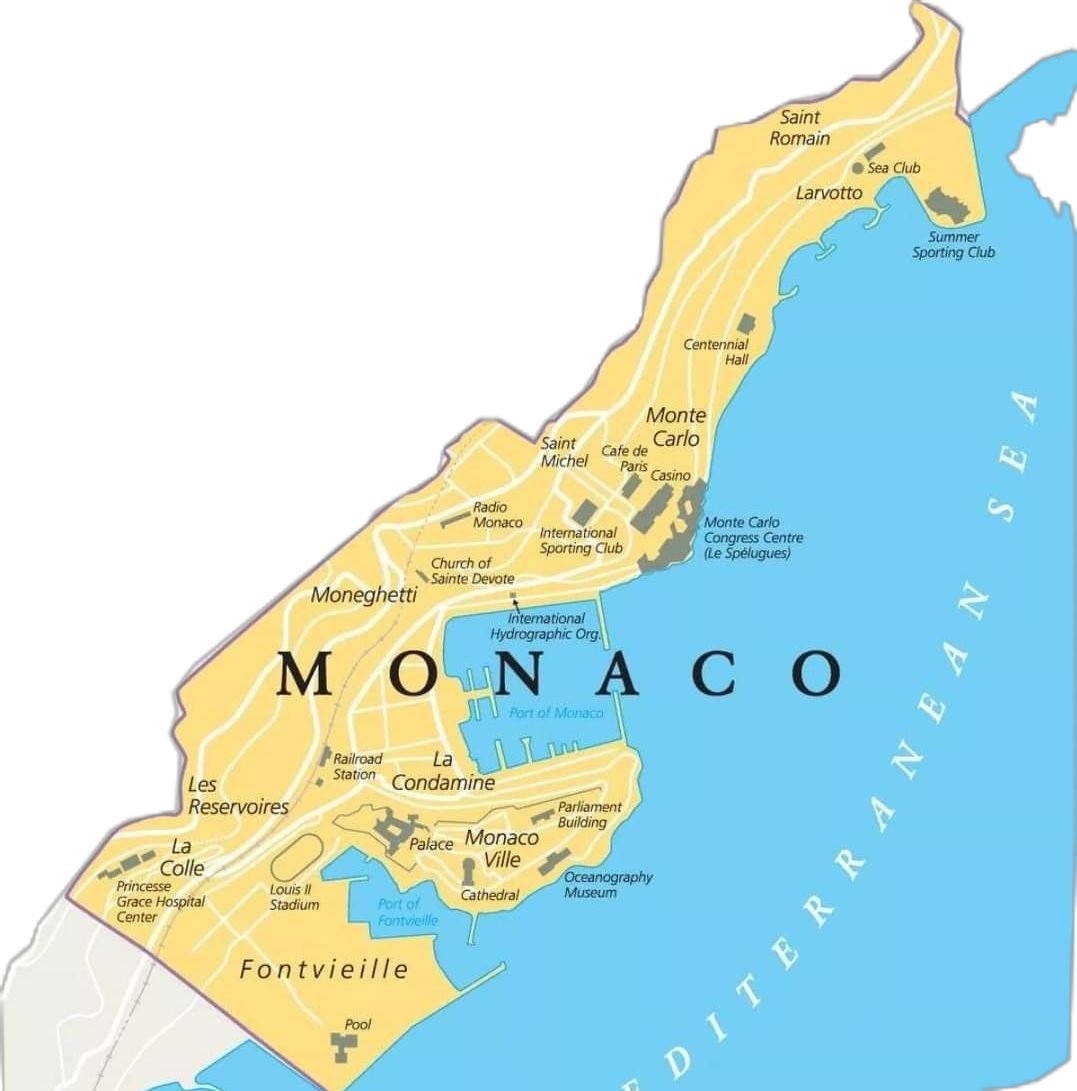Most men are still stuck playing by old rules in a new world. They work 9 to 5, pay 30–50% of their income in taxes, and spend their lives hoping for a retirement that might never come. But there’s a growing tribe of globally mobile men,many of them digital nomads, investors, or consultants,who are waking up and asking:
“Why should I pay taxes to a country I barely live in?”
It’s a fair question,and one that has a legal answer.
If you’re traveling the world and earning income remotely, it’s entirely possible to reduce your taxes to zero or near zero,legally. Not by hiding income or dodging obligations, but by understanding international tax law, residency rules, and offshore strategies.
Let’s break it down step by step.
1. Understand Tax Residency ;This Is Where It All Begins
You don’t pay taxes because you were born somewhere. You pay taxes because you’re a tax resident of a particular country. If you live and work in a country for most of the year, you’re often considered a tax resident there,even if you don’t own a house or vote.
Each country has its own rules, but the common triggers for tax residency include:
- Spending 183+ days in the country in a year
- Having a permanent home or “center of life” there
- Earning local-source income
The first step to paying zero tax is to break tax residency with your high-tax home country and avoid establishing residency elsewhere. That’s not always easy,but it’s doable.
2. Leave Your High-Tax Country the Right Way
If you’re from the U.S., U.K., Canada, or most of Western Europe, simply moving abroad doesn’t erase your tax obligations.
- U.S. Citizens: You’re taxed on worldwide income regardless of where you live. But you can use the Foreign Earned Income Exclusion (FEIE) to exclude up to $126,500 (2025) of foreign earned income,if you qualify through the Bona Fide Residency Test or Physical Presence Test. Additional tax credits can reduce the rest.
- U.K. Citizens: You can become a non-resident for tax purposes by spending fewer than 16–90 days in the U.K., depending on your ties. Once you’re out, you only pay U.K. tax on U.K. income.
- Canadians: Must sever residential ties (property, bank accounts, driver’s license, family, etc.). Once non-resident, you’re only taxed on Canadian-sourced income.
Exiting your country correctly means timing your departure, documenting your move, and notifying the relevant tax authority.
3. Avoid Triggering Tax Residency in Other Countries
You can’t just run from one taxman into the arms of another. If you’re living full-time in Thailand, Bali, or Portugal,you could easily become tax-resident there too.
The smart move? Slow travel.
Stay under 183 days in any one country and don’t establish strong local ties. Many digital nomads follow the “Perpetual Traveler” or “Flag Theory” model,rotating between countries and never staying long enough to trigger residency.
Combine that with banking offshore, using global payment platforms, and forming a foreign entity,and you’re nearly invisible to most tax systems.
4. Choose Tax-Friendly Bases or “Territorial Tax” Countries
Some countries don’t tax foreign income,only what you earn inside their borders. This is called a territorial tax system.
Some of the best territorial or tax-free countries for digital nomads include:
Country Tax Status
- Panama No tax on foreign income
- Georgia 1%–20% flat tax (but not enforced on all types of foreign income)
- UAE (Dubai) 0% personal income tax
- Paraguay Only local-source income is taxed
- Costa Rica Foreign income is not taxed
- Malaysia (with MM2H) No tax on overseas earnings
- These are great options for planting a residency flag while paying nothing on your remote income.
5. Use Offshore Business Structures the Smart Way
If you’re a freelancer, coach, consultant, or running an online business,you should not be using a personal PayPal or Stripe account tied to your home country. Period.
Instead:
Form a legal entity in a low- or zero-tax jurisdiction
Examples: Estonia e-Residency, UAE Free Zone Company, Belize LLC, etc.
- Use offshore business banking or borderless accounts
- Wise, Mercury, Payoneer, etc.
- Get paid in foreign currencies, use crypto or stablecoins for added flexibility
With the right structure, you can operate globally and pay corporate tax rates as low as 0% to 5%, depending on the country.
Just be sure you’re not triggering Controlled Foreign Corporation (CFC) rules in your home country,especially as a U.S. citizen.
6. Second Residency or Citizenship Can Unlock Real Freedom
Want total freedom? Consider investing in a second residency or even a second passport.
Options include:
- Residency-by-Investment: Panama, Mexico, Georgia, UAE
- Citizenship-by-Investment: Dominica, St. Kitts, Antigua, Vanuatu, etc.
- Naturalization: After years in a country as a resident
Having a second residency lets you officially live abroad, open foreign bank accounts, and pay taxes elsewhere. And if you get a second passport, you may even be able to renounce your citizenship from your high-tax country if that fits your long-term vision.
- Final Thoughts: Be a Ghost, Not a Criminal
This isn’t about cheating the system. It’s about choosing the system that works for your lifestyle. The world has changed,governments are competing for your talent, capital, and spending. Some want to tax you to death. Others will give you a red carpet and 0% tax.
If you want to be globally free, build location-independent income, and legally reduce your taxes to zero,it’s not just possible. It’s happening. Passport Champs men are already doing it.
- But always remember:
Talk to a qualified international tax advisor before making moves. The wrong structure can cost you way more than just taxes.
TL;DR – Your Legal Zero Tax Blueprint:
- Break tax residency with your home country
- Don’t become tax-resident in new countries
- Use territorial tax countries or zero-tax jurisdictions
- Form offshore companies for your business
- Get second residency or a passport
- Stay compliant and consult experts
Author:Remi Smith













